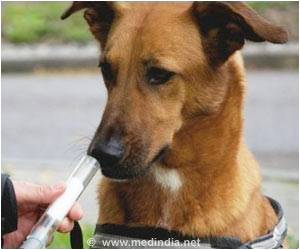MRSA could be lurking around in your gym locker room, explains the expert.

TOP INSIGHT
Maintaining personal hygiene at the gym could steer you clear of germs that lurk around in the Gym
“MRSA transmission between individuals has been associated with locker rooms and gyms where there is sharing of common equipment,” she said. “Many bacteria and viruses can live on environmental surfaces for a period of time, so it’s good practice to wipe down any machines or surfaces prior to using them and wipe them down after you are done. Keeping your hands clean by frequently using an alcohol-based sanitizer or soap and water, as well as covering any cuts or wounds, will help to reduce the risk of picking up bacteria.”
The Centers for Disease Control and Prevention now reports that 14 percent of people with MRSA infections contracted them outside of health care settings and that 23 is now the average age of people with community-associated MRSA (methicillin-resistant Staphylococcus aureus).
“MRSA is bacteria commonly found on the skin and environmental surfaces such as tables and doorknobs,” she adds. “MRSA infection can present in a variety of ways, ranging from superficial skin and soft tissue involvement as well as deeper, more serious infections involving the bone, large joints, and the heart.”
Source-Newswise
 MEDINDIA
MEDINDIA



 Email
Email









